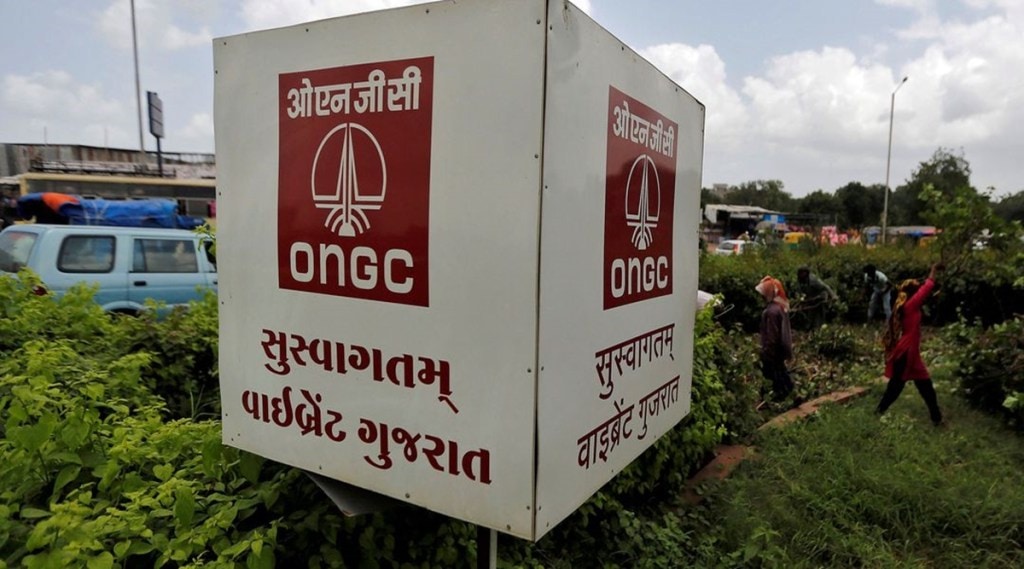In a big relief to state-run hydrocarbon explorer ONGC, the Supreme Court asked Jindal Drilling and Industries (JDIL) to participate in an arbitration proceeding even though the original agreement was between ONGC and Discovery Enterprises (DEPL), a DP Jindal Group company. JDIL also belongs to the DP Jindal group of companies.
Invoking the ‘Group of Companies’ doctrine, the court held that a company that is not a signatory to a contract containing an arbitration clause can be still made a party to the arbitration proceedings if it is an alter ego of the party that executed the arbitration agreement.
A bench led by Justice DY Chandrachud said the arbitration tribunal and the Bombay High Court had failed to apply the doctrine and had erred in rejecting ONGC’s plea to make JDIL a party to the arbitration proceedings.
While directing fresh constitution of the arbitral tribunal within two weeks to decide the case, the SC remanded the matter back to the HC.
“A party, which is not a signatory to a contract containing an arbitration clause, may be bound by the agreement to arbitrate if it is an alter ego of a party which executed the agreement,” the apex court said, while holding that “there was a fundamental failure of the first arbitral tribunal to address the plea raised by ONGC for attracting the group of companies doctrine”.
ONGC counsel KR Sashiprabhu argued that DEPL and JDIL belonged to the DP Jindal Group and since they constitute a single economic entity, the corporate veil should be lifted to compel the non-signatory, JDIL, to also arbitrate. While he said the two companies are “alter egos” and “constitute a single economic entity”, the tribunal disagreed with the PSU’s view. Even the HC upheld the tribunal’s direction, saying there was “no credible evidence to show … the alleged nexus between the two companies” and common shareholders and common board of directors of JDIL and DEPL do not make them a common entity.
Senior counsel Shyam Divan, appearing for respondents, argued that JDIL was not a party to the arbitration agreement and cannot be held liable for claims against DEPL since there was no evidence that JDIL was a beneficiary of the contract between ONGC and DEPL. No letter of guarantee or of comfort was issued by JDIL on behalf of DEPL in favour of ONGC, he said.
The judgment came on ONGC’s appeal against dismissal of its plea by the HC in June 2021 under Section 37 of the Arbitration and Conciliation Act. The dispute had risen over import of a floating facility for oil production and offloading imported by Discovery Enterprises for ONGC in 2006. In April 2008, ONGC had invoked arbitration against DEPL and JDIL claiming Rs 63.88 crore dues towards expenditure it incurred in customs and other dues for the floating facility it could not access for various reasons.
The top court said whether a company within a group which is not a signatory to arbitration agreement would nonetheless be bound by it will be determined by various factors, like mutual intent of the parties; relationship of a non-signatory to a party which is a signatory to the agreement; commonality of the subject matter; composite nature of the transaction; and performance of the contract.

